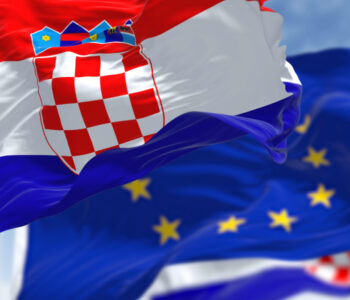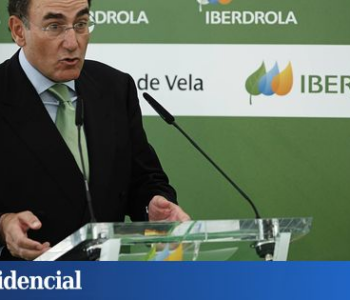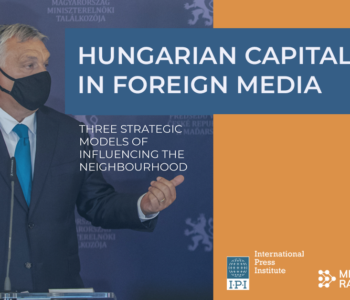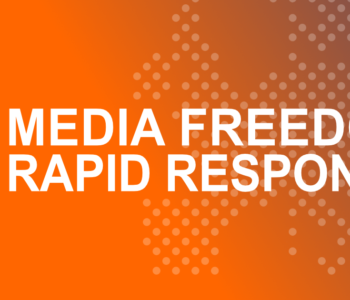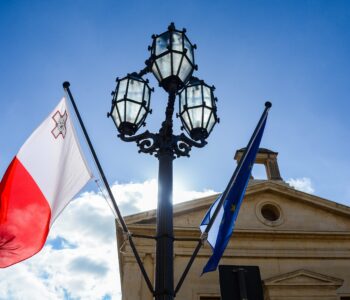
Slovakia: Remembering Ján Kuciak: On fourth anniversary of murder,…
Slovakia: Remembering Ján Kuciak: On fourth anniversary of murder, IPI renews call for justice
Retrial of suspected masterminds must exhaustively consider all evidence. Today marks four years since the brutal murder of Slovak journalist Ján Kuciak and his fiancée Martina Kušnírová in their home. The IPI global network today remembers Ján and Martina, and stands with their families, friends, and colleagues in the ongoing fight for justice. The retrial of the suspected masterminds, which begins later this month, must exhaustively consider all evidence in the case.
On February 21, 2018, Slovak investigative journalist Ján Kuciak and his fiancée, archeologist Martina Kušnírová, were brutally murdered in their home. As a journalist working for the online news site Aktuality.sk, Kuciak had uncovered allegations of tax fraud and financial crime implicating prominent business and political leaders in Slovakia. The double murder sparked the largest protests in Slovakia since the Velvet Revolution, and led to the resignations of Prime Minister Róbert Fico, Interior Minister Robert Kaliňák, Culture Minister Marek Maďarič, and Chief of Police Tibor Gašpar.
Four years after Kuciak’s murder, the trial of the alleged masterminds is still ongoing. The fight for justice remains open. Prosecutors have alleged that controversial businessman Marian Kočner ordered Kuciak’s killing in response to Kuciak’s coverage of Kočner’s political and financial dealings, and asked a trusted associate, Alena Zsuzsová, to arrange it. Kočner and Zsusová were acquitted by a criminal court in 2020 after a months-long trial.
Last year, however, the Slovak Supreme Court overturned the acquittal decision, ordering a retrial. The retrial will begin on February 28, 2022, with judges expected to take into account evidence that was excluded from the first round of proceedings. IPI has closely monitored the trial, including attending several hearings in-person.
“The IPI global network today remembers Ján and Martina, whose lives were viciously cut short”, IPI Deputy Director Scott Griffen said. “We will not forget them, and, together with the courageous media community in Slovakia, we will not stop fighting for justice. This case remains open until every single person who played a role in these murders is behind bars. As the retrial begins, the Specialized Criminal Court now has a clear task: it must exhaustively consider all evidence and the full circumstances of this case. The deficiencies identified by the Supreme Court must be addressed and the logic of the original ruling scrutinized.”
High hopes
“Today we remember Ján Kuciak and Martina Kušnírová and we await the retrial on February 28”, Aktuality.sk Editor-in-Chief Peter Bárdy told IPI. “We have good hopes that justice will be brought to them. The Slovak Supreme Court, which overturned the acquittal of Kočner, said a lot of mistakes were made by the first court. This new case will include a lot of new evidence. I am looking towards the future, with fair and justified results. That is what I am expecting.”
Despite nationwide protests after Kuciak’s killing, Slovakia is still struggling with fair and independent journalism, Bárdy told IPI. “After the murder in 2018, and after all the protests that followed, people believed that we would start a new period. A more democratic period, a fairer period. As journalists too, we hoped to have a better position. That the politicians would accept that we are a pillar of democracy, that we’re not enemies of the politicians, or enemies of the state. But after this time, we see that that journey is not easy.”
Dangerous hostility
After Kuciak’s death, several politicians have continued to verbally attack journalists, such as former Prime Minister Igo Matovič, who last year wrote on his Facebook page that “the journalists with Kuciak’s quality are to be counted on two hands in Slovakia – the rest is often superficial, often biased”. “During Matovic’ leadership, we wrote many articles about his government”, Bardy said. “He took those as personal attacks and started to fire back at the media by insulting us. This is very dangerous, as it creates a hostile climate against journalists.”
Some of the worst attacks, however, have come from former Prime Minister Fico, who made headlines for calling journalists “dirty, anti-Slovak prostitutes” while still in office. Just last month, Fico referred to journalists at leading independent media outlets Denník N, Sme, and Aktuality as an “organized crime group, and said law enforcement should start investigating how these journalists damage the statehood and to what extent they attack the state bodies of the Slovak Republic”.
On February 28, Bardy himself will not attend Kočner’s retrial, due to limited space in the courtroom. “There is only space for one journalist per outlet, unfortunately. But one of our journalists will be there the whole time to cover the case. We will watch it closely and really hope justice will be brought to Ján, Martina and their families.”
This statement by IPI is part of the Media Freedom Rapid Response (MFRR), a Europe-wide mechanism which tracks, monitors and responds to violations of press and media freedom in EU Member States and Candidate Countries.

